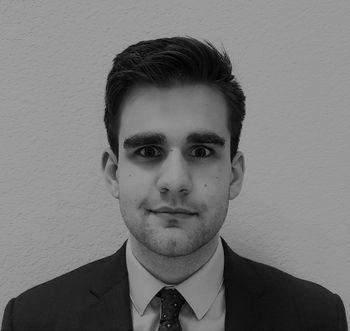Profs say 'mandatory' voting would restore election integrity; another prof disagrees
Two professors are advocating for "mandatory" voting.
The pair co-authored a book claiming that mandatory voting would restore integrity of American elections.
One electoral politics experts who spoke with Campus Reform, however, said mandatory voting would have the opposite effect.
Two professors have co-written a book arguing that voting must be “mandatory.”
University of Rochester Political Science Professor James Johnson and State University of New York-Brockport Associate Professor of Political Science Susan Orr say this approach would restore American trust in democracy.
The pair argue in their book, titled, Should Secret Voting Be Mandatory? that with secret voting must come mandatory voting. They argue that the two concepts “are best thought of in tandem,” and that a “combination” of the two would help to “secure the quality of electoral participation.”
“Simply put: voting must be both secret and mandatory,” Johnson said in an interview published by Rochester.
[RELATED: Universities are ‘all in’ to encourage students to vote despite going remote]
While many call mandatory voting an infringement on an individual’s rights, Orr and Johnson argued it is worth the cost. They argue that it will prevent electoral domination, the process of people making others vote a certain way.
Professor James Campbell, an expert on electoral politics at Buffalo University, disagrees.
Campbell told Campus Reform that a mandatory voting policy in America is an “extremely bad idea,” and said it would result in “just more people filling out ballots.”
[RELATED: Students nationwide step up to ‘protect the polls,’ preserve in-person voting in November]
Campbell explained that not voting was, in a sense, voting.
“If a prospective voter is equally torn between the candidates, non-voting is closer to his or her evaluation than arbitrarily voting for one candidate over the other,” he added.
Campbell disagreed with the idea that more votes equate to a better democracy.
“Americans should rethink their obsession with equating turnout rates with the health of their democracy,” Campbell said. “We should remember that turnout in the old Soviet Union’s Elections were always near 100%.”
Follow the author of this article: John Hanson

